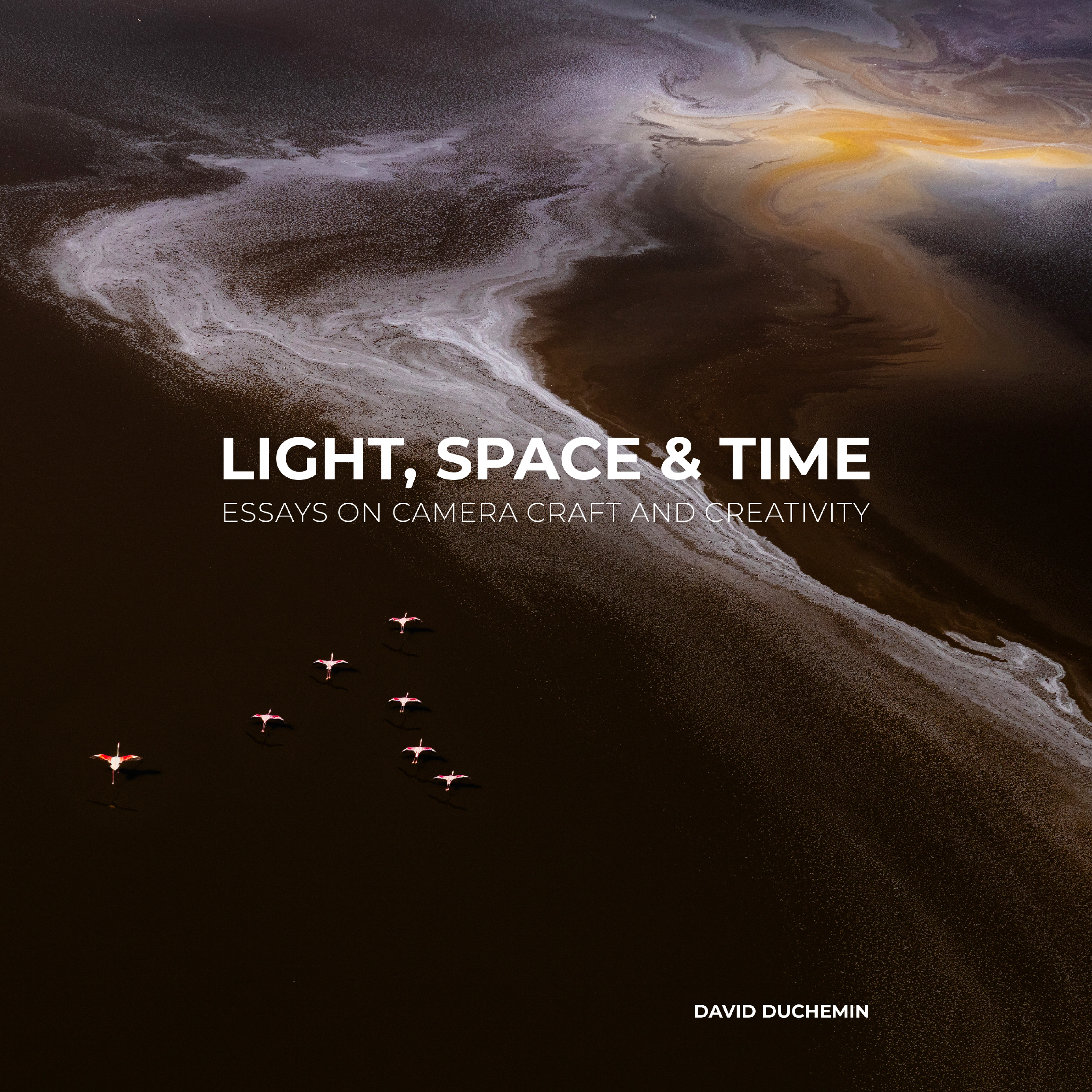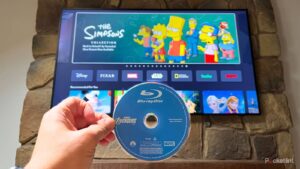Imagine this: we’re side by side at a local pond, a thermos of coffee between us as the first light comes up. You’ve got your camera with a 24-105mm lens. I’ve got mine, too, but chose to bring my 300mm lens instead. As we set up, you say you wish now that you’d brought a longer lens.
“Funny,” I say, “I was just thinking the same thing,” though I was wishing for something shorter.
How many times has this scenario played out for you? You make choices, bringing one lens only to wish you had something else. If you have 400mm, you want 600mm, and if you have 600mm, you want 24mm. And just knowing that can make the choice painful, even paralyzing.
But here’s what I know: whatever you bring, you will make something of it, because that’s how creativity works.
Creativity works with what it has. What you lack will always force a constraint upon you and (here’s the benefit) force you into looking at the scene in a new way.
If we’re walking through the streets of Venice and I have a telephoto lens and you have a wide-angle lens, we will look for different things and see different possibilities in the very same scene; we’ll see in different ways because of the gear, not despite it. I will be looking wider, taking it all in, trying to find order in the chaos. You will be looking for tighter scenes, scenes that play well when compressed and cropped tight.
The lens you have will force you to say no to photographing some scenes in ways to which I am eagerly saying yes, and vice versa.
Back to the pond. We’ve settled down in the grasses, still wet with dew, and just as the first licks of that golden light hit the pond, a loon emerges from the reeds, probably flushed out by our presence, and we both raise our cameras. The loon takes off, a belaboured affair with a lot of splashing. You, having accepted your limits, photograph the whole pond, shrouded in fog, the loon only a detail in the larger image, which will tell a bigger story than what I’m making. My image is much tighter and you can see every drop; there’s detail and mood, and it says both less—and more—than your photograph. The images are so different from each other. Not necessarily better, or worse. Different.
This same scene plays out in similar ways, minus the loons, on every safari I lead. You will not bring the same gear I brought, and vice versa. But we’ll both make something of it, and probably something wonderful, so long as we’re not sidetracked or distracted by our constraints, but allow them to help us see in new ways.
It is usually (maybe always) easier and more productive to change our thinking than it is to waste that energy wishing we could change our lenses.
If we’re willing to have this conversation with it, the gear we have says, “OK, you have what you have: long, wide, fast, slow, whatever. What are you going to do with it?” It’s an invitation to see differently. The bear is too close, and all I’ve got is my stupid 600mm! Maybe now’s the time to isolate the details in the claws, or explore the textures of the fur. Maybe it’s not about the bear at all, but the salmon in his mouth.
I don’t know what you photograph or what kind of gear you’ll have with you as we sit together, but I do know I’ve yet to find the scene that has only one way of looking at it, or a scenario where there isn’t a dozen ways to photograph.
I wonder how our perspective would change, or what kind of energy we’d bring to our work, if we gave as much thought (or more) to the different ways of looking at a scene than to the gear we choose. Different gear means different possibilities, but eventually, we hit the limits of those choices. Accepting this—and embracing it—is a way forward into greater creativity.
You can’t always change your gear, but you can always change your thinking.
For the Love of the Photograph,
David

The biggest challenges for most photographers are not technical but creative. They are not so much what goes on in the camera but what goes on in the mind of the person wielding it. Light, Space & Time is a book about thinking and feeling your way through making photographs that are not only good, but truly your own. It would make an amazing gift for the photographer in your life, especially if that’s you. Find out more on Amazon.


